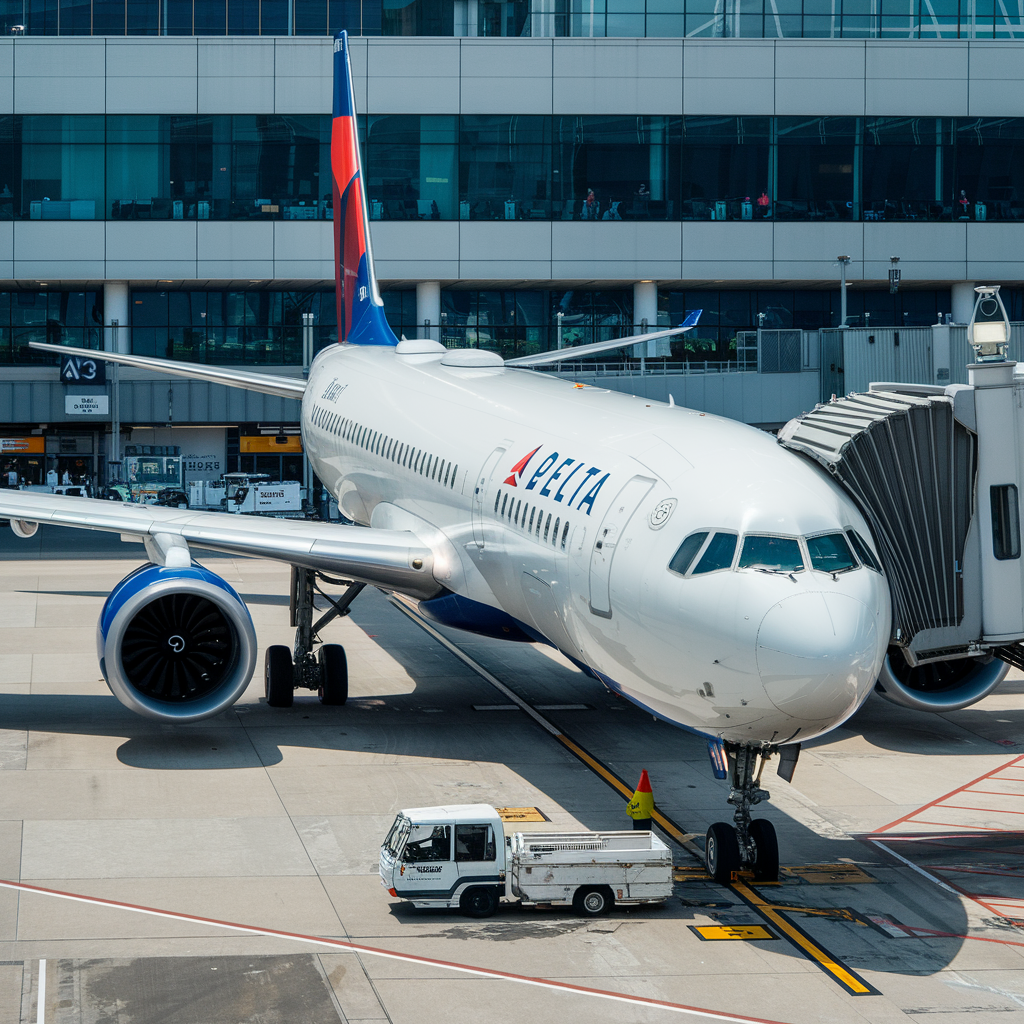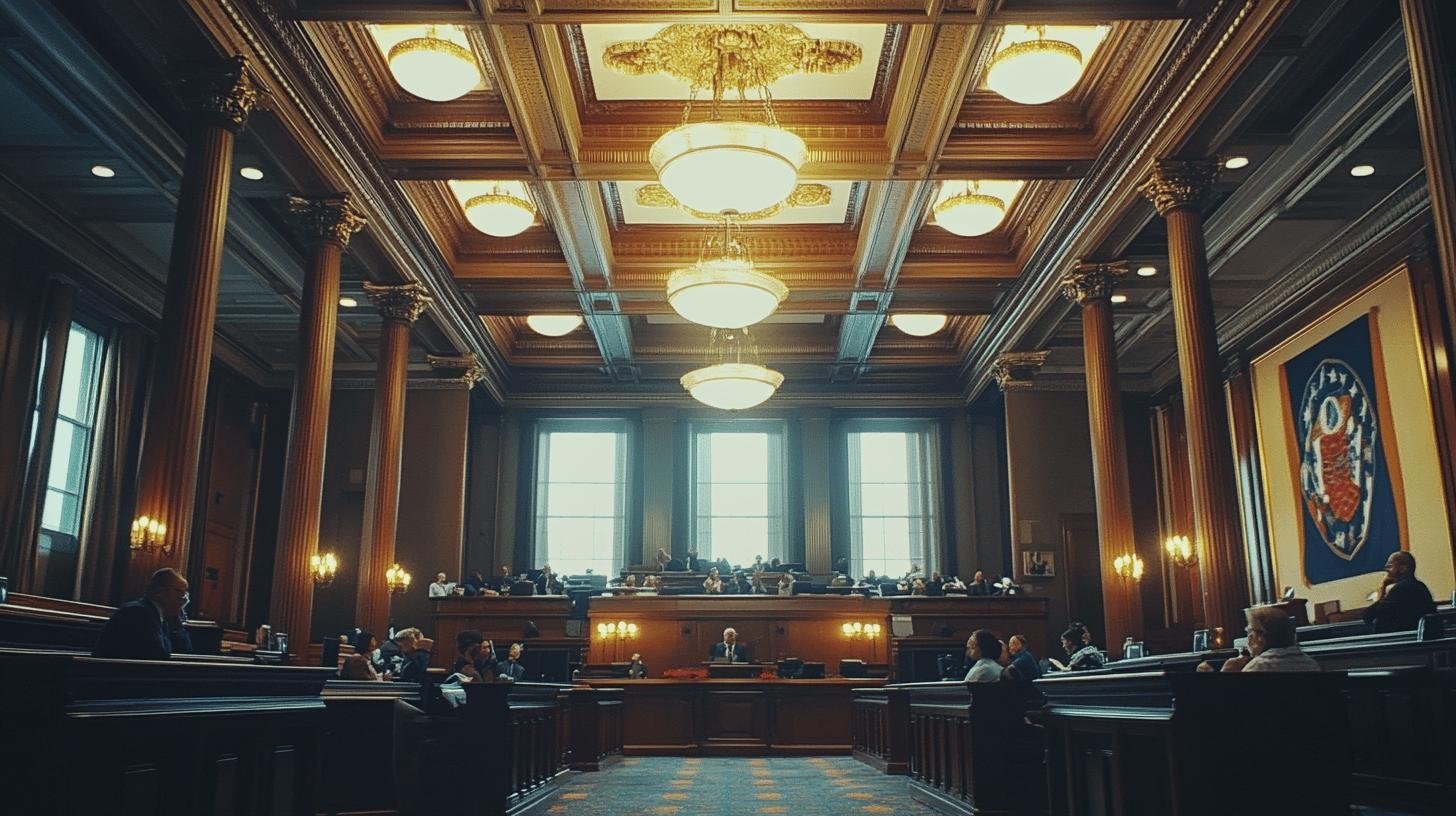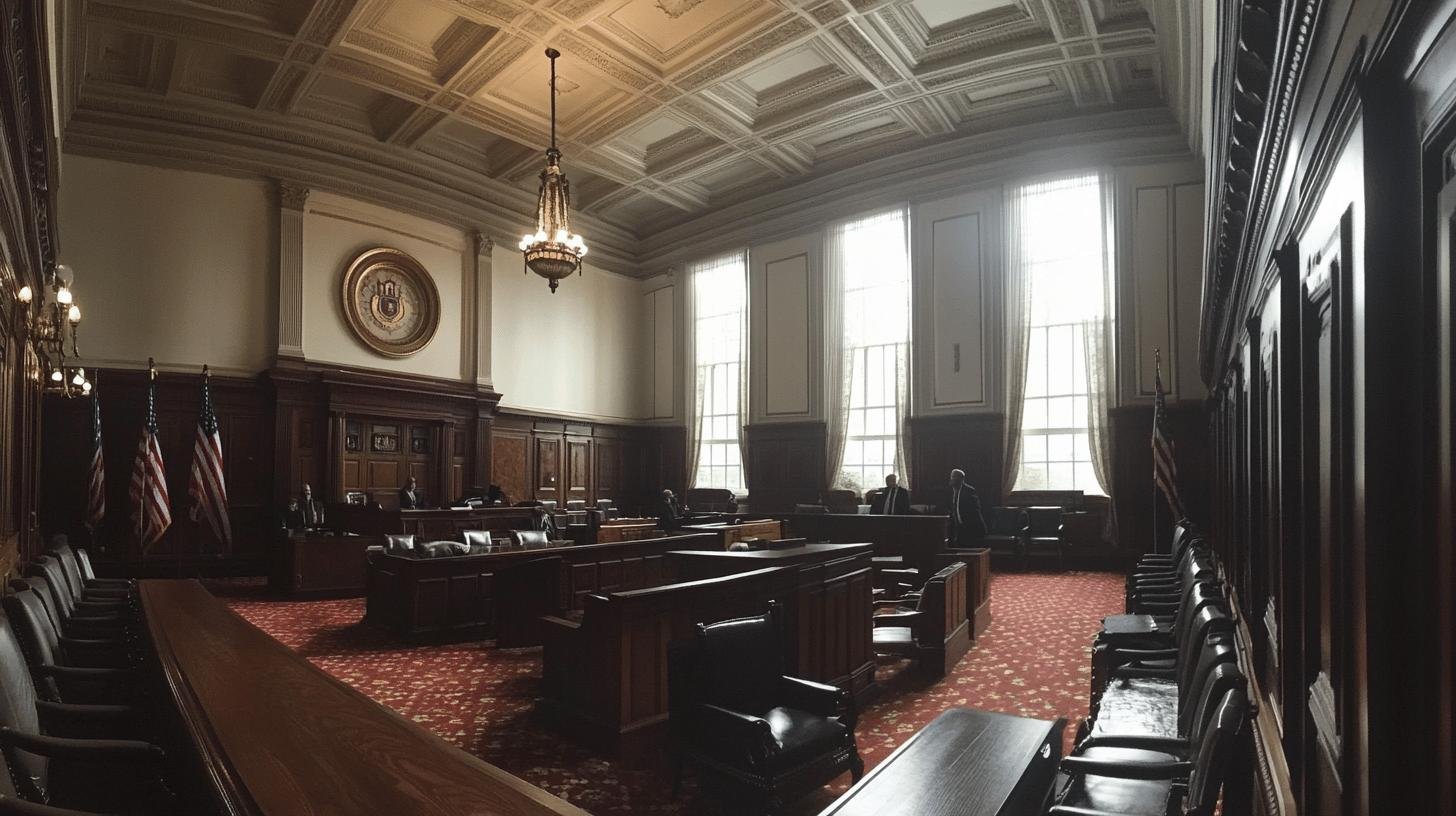TL;DR:
- Delta Air Lines condemned Georgia’s S.B. 202 voting bill, citing negative impacts on Black voters.
- The airline faced backlash for financially supporting lawmakers behind the bill, leading to public outrage and accusations of hypocrisy.
- Key details of S.B. 202: fewer absentee drop boxes, new ID requirements, shorter runoff periods, restrictions on food/water at polling places, increased legislative control over elections.
- CEO Ed Bastian emphasized voting rights alignment but was overshadowed by financial contribution controversy.
- Delta lost tax breaks in Georgia as a response, impacting finances and leading to scrutiny of their lobbying efforts.
- Transparency and consistency are essential for rebuilding consumer trust after backlash and boycott threats.
Delta Air Lines recently found itself in hot water over its stance on Georgia’s voting rights. After publicly slamming the state’s restrictive voting bill as “unacceptable,” Delta faced backlash for contradicting itself with financial contributions to the same bill’s supporters. This controversy over S.B. 202, primarily affecting Black voters, has sparked intense debate.
Is Delta truly committed to standing by its bold statements, or is it just another brand saying one thing while doing another? The unfolding drama sheds light on corporate responsibility and consumer trust in today’s heated climate.
Delta Air Lines and the Voting Rights Controversy
Delta Air Lines publicly criticized Georgia’s S.B. 202 voting bill, labeling it “unacceptable” due to its potential restrictions on voting, especially impacting Black voters. This stance was designed to align Delta with public sentiment supporting broader voting rights. However, the airline faced backlash when it was discovered that they had financially contributed to lawmakers supporting the bill. This contradiction between their statements and actions sparked public outrage and accusations of hypocrisy. Delta’s involvement in this controversy has ignited a challenging debate on corporate responsibility and transparency.
Key details of S.B. 202 include:
- Fewer absentee ballot drop boxes.
- New ID requirements for mail-in ballots.
- Shortened runoff election periods.
- Restrictions on distributing food and water in voting lines.
- More legislative control over election board appointments.
Delta’s verbal opposition contrasted with its financial support of the bill’s sponsors, fueling criticism. Many saw this as undermining its commitment to voting rights. This backlash suggests Delta underestimated the impact of political contributions on public perception. The situation underscores the need to align corporate actions with public communications to maintain trust and integrity.
Corporate Social Responsibility and Delta’s Public Image

Delta Air Lines’ stance on voting rights reflects its commitment to corporate social responsibility. CEO Ed Bastian emphasized safeguarding voting rights, especially for marginalized communities. This aligns with a broader trend where companies engage in social issues to meet public expectations and ethical standards.
| Action | Impact |
|---|---|
| Opposing Georgia’s voting law | Improves perception among pro-voting rights advocates |
| Contributing to political figures | Criticism and accusations of hypocrisy |
| CEO statements on voting rights | Increased visibility of corporate values |
| Engagement with community organizations | Strengthened community relations |
Delta’s efforts to align with social responsibilities have had mixed impacts on its brand. While its opposition to restrictive laws appeals to many consumers, supporting lawmakers who favor such laws sparks skepticism. This inconsistency can damage public perception as consumers demand transparency and alignment between statements and actions. Ultimately, Delta’s reputation hinges on how it reconciles these conflicting actions within its responsibility framework.
The Role of CEO Ed Bastian and Leadership Decisions
CEO Ed Bastian openly condemned Georgia’s voting law, stating it didn’t match Delta’s values. This bold stance aimed to distance Delta from perceived support of voting restrictions, especially affecting Black voters. But, the financial contributions revelation to the bill’s backers led to backlash and boycott threats. Bastian’s stance was overshadowed by the controversy over political contributions, challenging the effectiveness of his leadership decisions.
Bastian then clarified Delta’s commitment to fair and accessible elections. He reaffirmed Delta’s dedication to ethical leadership by aligning actions with public values. This was key in trying to rebuild consumer trust and loyalty, showing willingness to address inconsistencies and reinforce Delta’s commitment to social responsibility and transparency.
The Economic and Legislative Implications for Delta

Delta faced economic fallout after opposing Georgia’s voting law. The Georgia State House removed tax breaks that previously benefited them, impacting their finances. This legislative move, a reaction to Delta’s stance, highlights tensions between corporate actions and legislative responses. Removing these incentives could affect operational costs and influence future decisions in the state. Such outcomes underscore risks faced by companies engaging in political discourse.
- Lawmakers may further scrutinize Delta’s financial benefits.
- Potential increase in Delta’s lobbying efforts.
- Possible influence on future tax policies.
- Risk of strained relationships with state officials.
As a major employer, Delta plays a crucial role in Georgia’s economy. Legislative actions against them could impact employment and investment strategies. This raises questions about corporate influence and economic impact on communities, illustrating a complex interplay between responsibility and legislative actions.
Public Reactions and Consumer Trust
Delta faced public backlash over its involvement in the voting rights controversy. Their financial contributions to bill-supporting lawmakers led to criticism and boycott threats. Consumers felt Delta’s actions contradicted their condemnation of the law, leading to heightened scrutiny and calls for accountability.
These reactions put Delta’s trust and loyalty at risk. When a company is seen as inconsistent or hypocritical, trust erodes quickly. For Delta, this highlights the balance between political involvement and a positive brand image. Consumers expect brands to stand behind their statements, and misalignment can lead to losing loyalty and credibility. Transparency and consistency in communications are crucial.
Delta responded to concerns by reiterating its commitment to voting rights and pledging transparency with both the public and political entities. Addressing these issues directly aims to rebuild trust and reassure customers of its dedication to ethical corporate behavior. The airline’s efforts to clarify its stance and actions are vital in maintaining its reputation during the controversy.
Final Words
Delta Air Lines’ involvement in the voting rights controversy demonstrates the delicate balance companies must strike between public perception and political engagement. The backlash they’ve faced highlights the importance of aligning corporate actions with public statements, especially when addressing sensitive political issues. Moving forward, Delta must work to restore consumer trust by being transparent and consistent in its advocacy for voter rights.
FAQs
What is the controversy surrounding Delta Air Lines and voting rights?
Delta criticized Georgia’s voting bill, S.B. 202, for its restrictions but faced backlash for financially supporting lawmakers behind the bill.
What are the key provisions of S.B. 202?
The bill includes fewer absentee ballot drop boxes, new ID requirements for mail-in ballots, shortened runoff election periods, and restrictions on providing food and water to voters in line.
How has Delta’s stance impacted its public image?
While Delta’s public criticism of the law aligned with its CSR values, its financial support for the bill’s sponsors hurt its credibility and led to public backlash.
How did CEO Ed Bastian handle the controversy?
Bastian condemned the law but faced criticism for the company’s financial ties to lawmakers supporting it. He later clarified Delta’s commitment to fair elections.
What economic consequences has Delta faced?
Following Delta’s opposition to the voting law, the Georgia State House voted to remove tax breaks that had benefited the airline.

